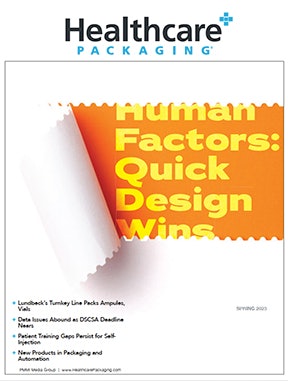It’s an issue that some see as a potential dark cloud to RFID’s silver lining, while others dismiss it out of hand.
RFID expert Shahram Moradpour, cofounder of consultancy Cleritec Systems, is not one of the latter. “I see privacy as one of the factors in RFID that looms larger than the technical barriers,” he says.
Moradpour points to Spychips, a book published in October that’s an extension of a Web site of the same name run by the coauthor, Katherine Albrecht.
The fact the book has ranked among the Top 200 or so on Amazon sales [Editor’s Note: That was the book’s rank in October, though subsequent checks indicate a lower ranking] makes it worthy of attention, if not concern, says Moradpour.
“Those numbers tell me that even though people within the world of RFID, and especially vendors, say ‘don’t worry about privacy,’ there seems to be a big interest on the part of consumers,” he says. “The reality is that people pay attention to this stuff, so it cannot be dismissed. The best way to address it is through education.” Companies like Wal-Mart and P&G have offered educational information about RFID on their Web sites.
RFID authority Louis Sirico, aka Mr. RFID, who has dined with Harvard grad Albrecht, says she raises some valid concerns about privacy and tracking. However, Sirico points out that RFID itself is a piece of information that, if matched to another particular piece of information, might be useful to someone. But he feels secure since combining diverse databases and mining deep enough to gain useful information would seem impractical if not close to impossible.
“So they figure out I buy Listerine weekly, big deal,” says Siroco. Seriously, he knows that companies regard safeguarding such data as critical, and that “consumers’ doubts and uncertainty can be removed using education.”
AIM Global, the trade association representing RFID manufacturers, believes that consumers should have these rights:
• To know whether packaged products contain RFID tags.
• To have RFID tags removed or deactivated when they purchase products.
• To opt out of RFID-enabled services.
• To access an RFID tag’s stored data.
• To know when, where and why the tags are being read.
AIM Global also created a distinctive emblem to be placed on any RFID label or tag to indicate the type of RFID being used.
The growing volumes of RFID-tagged items may only exacerbate concerns, especially as item-level tagging increases. Companies involved in RFID should stay abreast of privacy issues and address them, perhaps proactively, using education.















